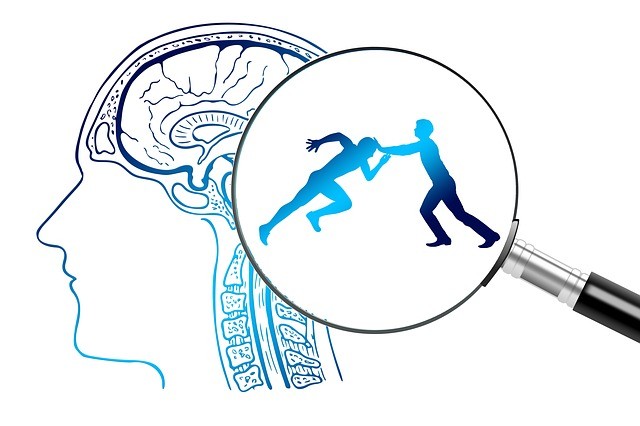
A practical and professional online training course which provides you with the skills and knowledge to become a Cognitive Behavioural Therapy Coach.
Cognitive Behavioural Therapy (CBT) is a wonderful talking therapy that focuses on what you think (cognitive) and what you do (behavioural) and how these are linked. It investigates how your thoughts can really have a huge impact on how you feel, and therefore, how you act.
Your thoughts are powerful and can really change the way you see the world around you, and how you feel. When you have a thought, the more you think about this thought, the larger it gets. And the larger it gets, the more power it has to make you feel a certain way. This feeling will then create a behaviour that then reinforces that thought.
Cognitive Behavioural Therapy investigates the link between thoughts, feelings and behaviour, and can help support a client to manage any problems that they have by changing their thought processes and the way that they think about things. Negative thoughts and feelings can trap us in a cycle of unhappiness and self-doubt, and when we let them grow, these thoughts can turn into beliefs and habits.
CBT can help people to identify where their thoughts have come from, how they are not helping them, and how they can change them to become more positive and forward focused.
If you want to add another string to your natural therapy bow, then this course is for you!
Course Aims:
By the end of this course, you will:
- Understand what Cognitive Behavioural Therapy (CBT) is
- Understand some of the history behind CBT
- Understand 2 schools of Psychological Thought
- Recognise what Cognitive Schemas are
- Understand the traits of an effective CBT Coach
- Understand how CBT is used
- Understand more about Generalised Anxiety Disorder, Phobias and Obsessive-Compulsive Disorder and how CBT can help
- Learn about the Limbic System and how our thoughts turn into behaviour
- Recognise what a habit is and how they can be broken
- Understand 3 basic levels of cognition
- Understand Cognitive Distortions and how recognising these can help change our thought patterns
- Understand 10 core principles of CBT
- Understand what we mean by the Therapeutic Alliance
- Recognise how to build motivation
- Understand the Cycle of Change
- Know what we mean by Socratic Questioning
- Understand the importance of listening skills
- Understand graded exposure, cognitive reframing, behavioural activation and successive approximation
- Understand that thoughts are not facts
- Recognise how we can use a Situational Exposure Hierarchy
- Learn many Cognitive Behavioural Therapy exercises and techniques that you can use with clients
- Learn relaxation techniques
- Gain an understanding of how CBT sessions are run and the resources we can use

